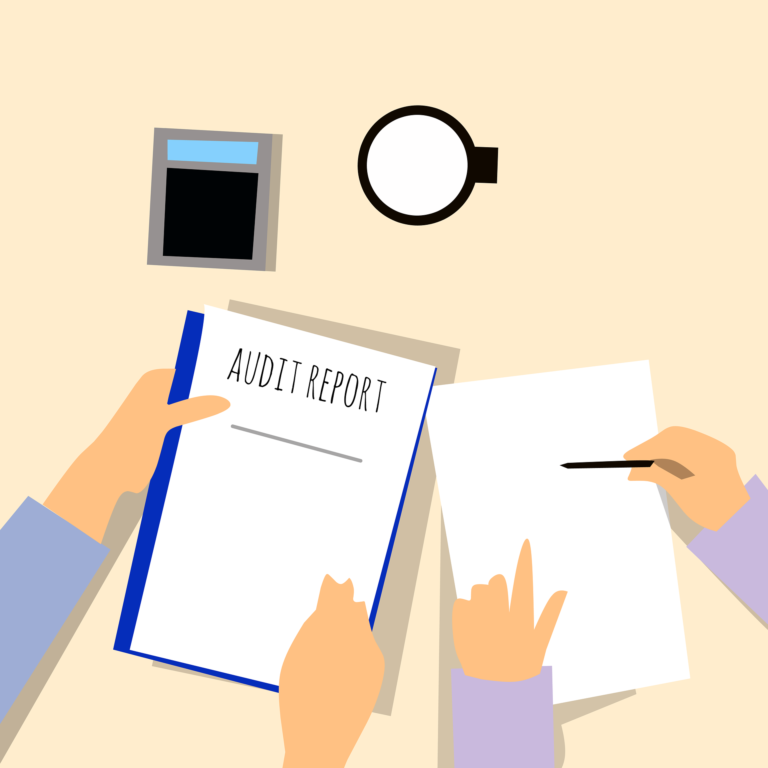The food industry chooses a Food safety lead auditor of their expertise in work roles and workflow. Indeed food safety lead auditor work skill marks the entry. Let’s discuss a food safety lead auditor’s roles and workflow.
Auditing your food safety management system requires skill and competence. Whether you are at the start of an auditing career or a professional, you will look the ways to improve.
FoodTechSafety gives you a deeper and wider knowledge of the roles of food safety auditors. Also their career levels in the field of food safety auditing.
Skill Levels of food safety lead auditor
Let’s discuss initially the levels of career a food safety auditor reaches with their skill. A food safety auditor decides and grants the food safety certification for your food industry. (ISO 22000, BRC8.0, Integrated Management Systems ).
- Practitioner
Specific auditor skills must be proven for an audit to match the compliance. Of course, practice makes a man perfect.
Always choose the right area of expertise in food safety auditing.
- Professional
Simultaneously an auditor who focuses on process and risk analysis improves in their career. They add real value to the organization by becoming an expert in identifying opportunities for improvement.
Professional status certified food safety auditor improves and updates the skills. “Advance their career with higher certifications.”
Food Safety Audit Process
Step 1, the selection phase
A risk assessment is carried out to develop a food safety audit plan. In the food industry Risk assessment is defined as creating a systematic and professional approach to identifying potential hazards during food processing. As food safety officers we know chemical, physical and microbiological hazards are major threats.
Initially, the auditor goes through the Food safety manual of the client. This stage also requires the lead auditors to look through relevant surveillance audit documents and previous audit results.
This phase depends upon the type of audit going to happen.
Step 2, the planning phase
As stated an auditor obtains relevant information from the client side. Contact was initiated with the client (food safety lead) about the audit. (Surveillance audit, main auditing). Therefore auditor announces information about the date and scope of auditing to the client.
Audit objectives and scope are determined. Meanwhile, the auditor discusses the audit plan with the concerned officers. This includes when to, how to, and where to execute the auditing.
Step 3, the execution phase
Finally, food safety auditing progresses. Then initiates a meeting with the food safety team of the industry. A discussion with the client on Audit observations, potential findings, and recommendations happens. When major nonconformances are identified the food safety lead is notified live.
Read more: Food Safety Team Responsibilities & Roles
A food safety auditor observes nonconformances and deviations in the food industry with live inspections and recordings. At the same time documents were analyzed for compliance standards.
Step 4, the reporting phase
Thus Food safety lead auditor formulates Audit findings, conclusions, and specific recommendations. This summary was communicated to the food safety lead officer in a report draft.
From this draft, the food safety officer grants an opportunity to respond and submit an action plan and time frame. If the auditor finds serious deviations in CCPs (Critical control points in food processing), he has the power to rethink the certifications.
Responses and action plans were added towards the type of major and minor nonconformances (NCs) to the final report copy.
Step 5, the follow-up
Following up on external audits via a voluntary internal audit. Always recommends follow-up to occur within at least one year from the issue of the first audit report.
An auditor conducts a subsequent audit. This is used in succeeding audits to follow up on the previous audit findings.
So finally food safety auditor decides whether to grant the food safety certification or to re-audit it based on the findings and conclusions.
